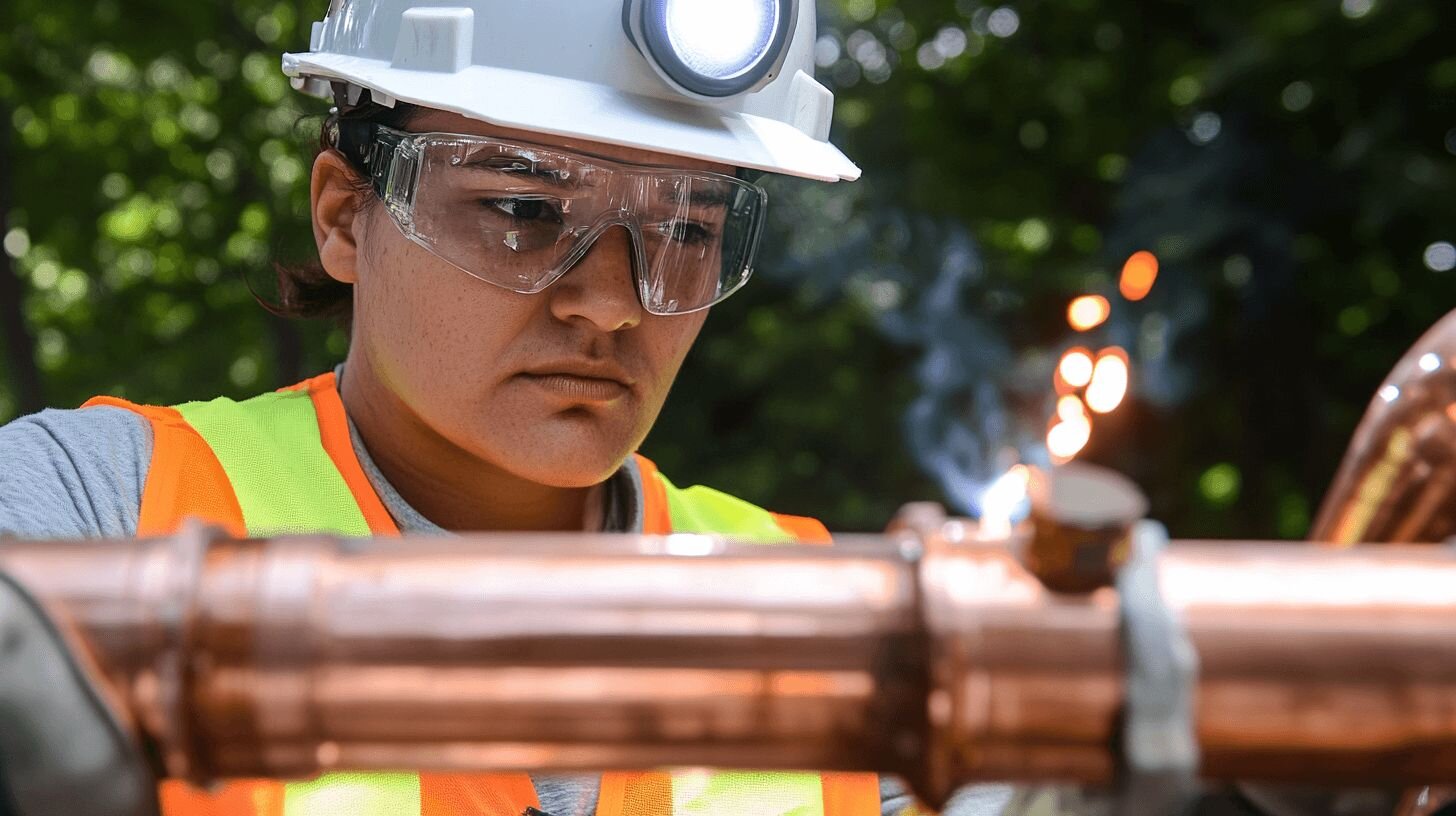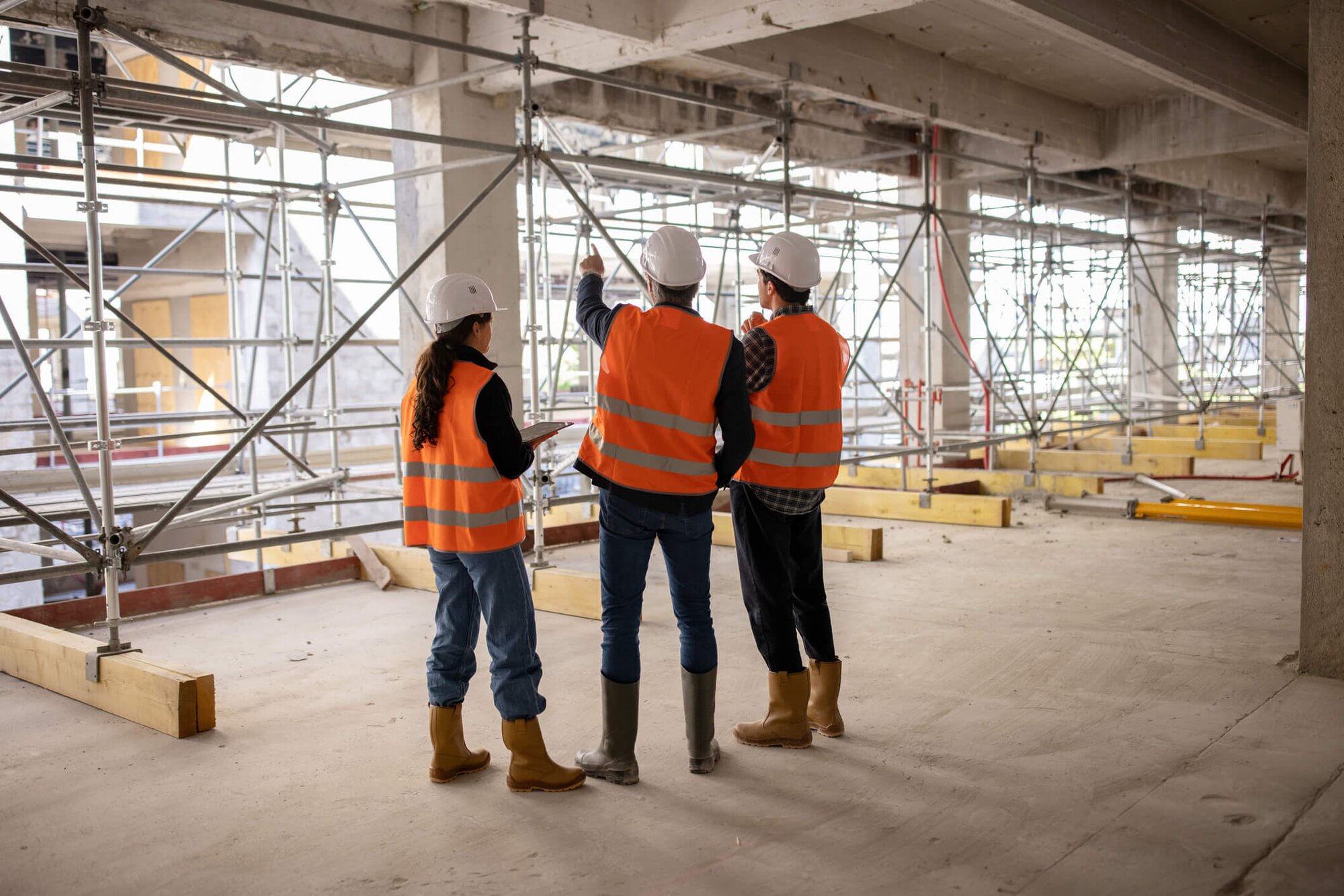If your crew is tackling commercial jobs in Chicago, don’t leave the torch or threading dies behind. In a city known for its tall buildings and strict plumbing code, commercial contractors have to show up with solid legacy skills. Modern skills matter, but so does knowing how to solder copper and thread cast iron.
Why Copper and Cast Iron Still Matter
Rodney M. Hardy, president of Standard Plumbing Contractor in the Chicago metro area, knows the drill. “In anything over three stories in height, PVC isn’t allowed,” he says. “We mostly work with copper in that situation.”
The local code sticks with copper for good reason. It holds up under pressure, resists corrosion, and outlasts most other materials on the market. It’s fire resistant, which is a must in taller structures. And at the end of its life, copper still has value because it can be recycled.
In high-rises, those copper benefits go a long way. Fire resistance adds a layer of protection where evacuation is harder. Corrosion resistance means fewer service calls down the line. And because copper lasts, building owners see fewer disruptions, which matters when plumbing failures can shut down multiple units or floors.
It’s more expensive than PVC, but when safety, durability, and compliance are on the line, Chicago’s code makes a case for sticking with what works.
Mastery Matters on Chicago Jobs
Chicago’s plumbing code sets the bar for technical skill. Plumbers need a strong grip on copper and cast iron skills, like lap joints, brazing, and hubless couplings. Consequently, plumbers working in Chicago have to maintain a broader range of abilities than those in less urban regions, where materials and system types are often more limited.
Plumbers in Chicago build their skills through classroom training, whether at a union hall or a private trade school. After the coursework, every apprentice completes a 48-month hands-on program before taking the city-sponsored plumbing exam. It’s a setup designed to turn out well-rounded tradespeople who know how to handle real-world jobs.
Hardy knows the value of that depth. “We cover all aspects of plumbing, so I necessarily am a well-rounded plumber,” he says. “I can solder and operate the various kinds of equipment and tools we use. I take pride in that.”
What This Means for Commercial Contractors
Running crews in Chicago means planning for code-specific skills from day one. Your plumbers need to be just as sharp with copper as they are with PVC. That takes the right hires, steady training, and a clear understanding of what the city expects on every job.
Crews who know the code and get the job done right avoid rework, pass inspections faster, and keep projects moving.



